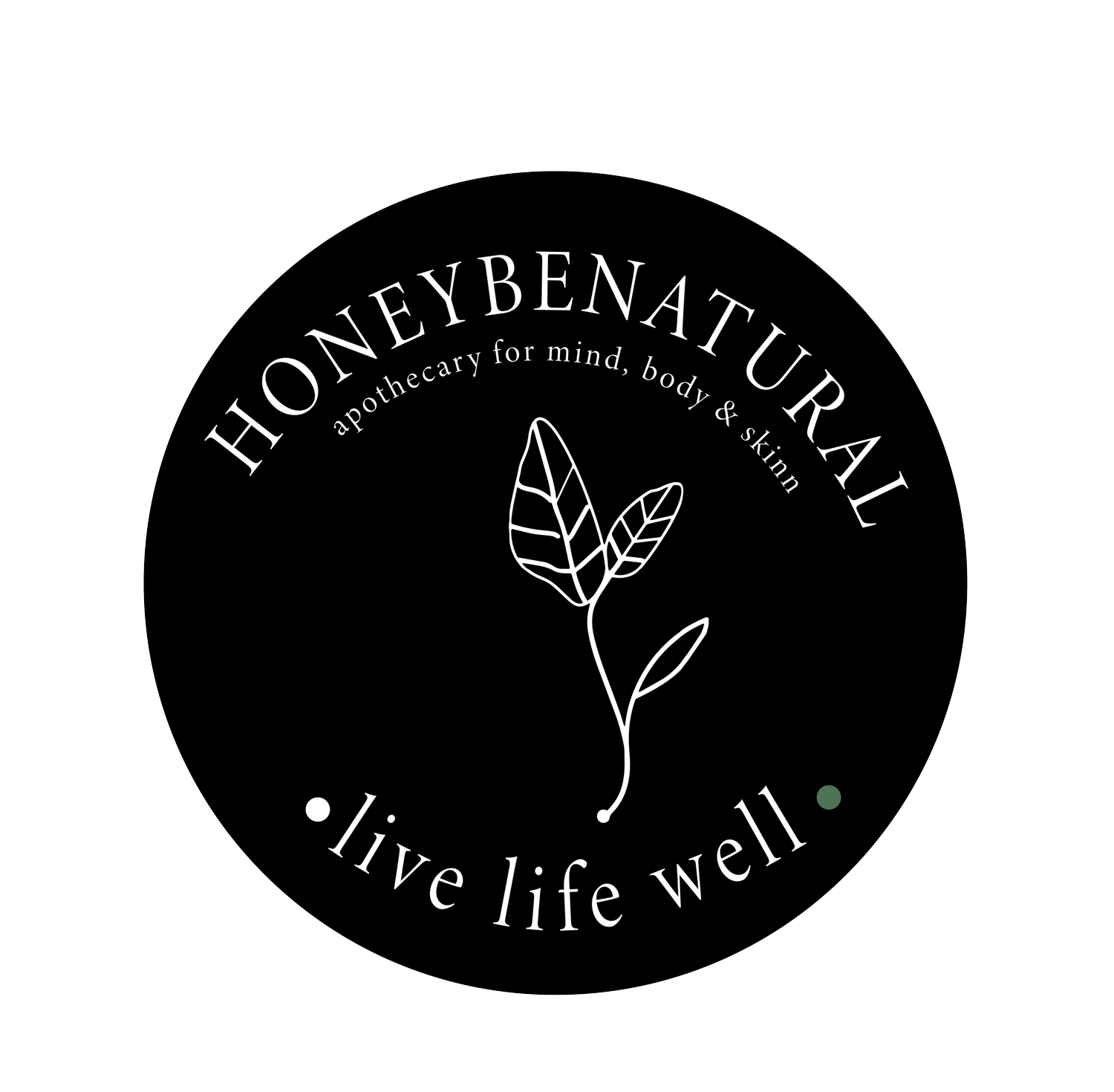The HoneyBeNatural Institute of Liberation & Wellness is rooted in Rooted Function Theory™ (RFT), which teaches that emotional and behavioral patterns are adaptive survival responses shaped by ancestry, environment, and attachment. Our mission is to equip practitioners with tools to facilitate healing that is culturally aware, trauma-informed, liberation-centered, spiritually respectful, and rooted in compassion.

Course Catalog
Courses at the Institute
Function . Movement . Nutrition
-
Rooted Function Practioner Courses
At the HoneyBeNatural Institute of Integrative Wellness & Liberation, our Rooted Function Practitioner courses center both the Rooted Psychology of Patterns and Frequency Psychology within Rooted Function Theory™. Students gain mastery of assessment tools, body-based intensity scales, and Root-to-Response™ healing practices. A signature element of the training is facilitating Root Healing Circles, which emphasize collective healing, cultural grounding, and the integration of Self-Love Frequencies™.

-
Body Alchemi Movement Courses
Our Body Alchemi Movement courses combine Kemetic Yoga, Pilates, and embodied dance rituals with CBT-informed lessons on motivation, consistency, desire, and visualization. Students explore how to shift both patterns and frequency by understanding the psychology behind why change often feels blocked. With the guidance of Rooted Function Theory™, these courses prepare graduates to design and lead movement experiences that create sustainable, transformative change.

-
Functional Nutrition + Herbalism Courses
The Functional Nutrition & Herbalism track integrates food-as-medicine, herbal formulation, and targeted vitamin and supplementation strategies. Students also learn how organs and body systems interact, gaining a full-body understanding of balance and dysfunction. With both ancestral herbal wisdom and evidence-based nutrition, this track equips learners to design integrative wellness plans that support energy, longevity, and resilience in alignment with Rooted Function Theory™.


Our Foundation
Rooted Function Theory
From Survival to Liberated Living
Rooted Function Theory, it helps us name what was never named. It helps us see that what looks like culture is sometimes just survival, and naming it opens the door to healing beyond survival. Learn more about The Rooted Function Holistic Practitioner Certification..

Path to Certification
Practitioner vs.Clinician
-
Clinicians
Licensed professionals who already hold a state-recognized license to provide mental health or healthcare services.
Examples: LPCs, LCSWs, LMFTs, Psychologists, Physicians, Nurses.
Scope:
Can explore trauma history and past events.
Can diagnose or treat mental health conditions (within their license).
Use Rooted Function Theory™ as a therapeutic tool alongside their clinical expertise.
Responsibility: Must practice in accordance with their professional licensing board and the Institute’s ethics.

-
Practitioners
Graduates certified through your Institute who do not need a clinical license to practice Rooted Function Theory™.
Examples: Herbalists, Movement instructors, Healers, Coaches, Practitioners
Scope:
Focus on the present and future (adaptive patterns, functional awareness, growth).
Cannot diagnose or treat mental health conditions. Cannot probe deeply into trauma history (must refer out to a clinician if needed). May integrate movement, herbs, journaling, affirmations, spiritual practices, and holistic tools.
Responsibility: Stay in wellness education + guidance lane while honoring the Code of Ethics.

-
Self-Study
Individuals who enroll in the Institute’s program for personal growth and self-healing rather than client practice.
Examples: Students, lifelong learners, and those seeking personal development.
Scope:
Focus on self-awareness, journaling, reflection, and spiritual/ancestral integration. Not intended for client-facing work. Cannot use the title Rooted Function Practitioner™.
Receives a Certificate of Completion (educational only, not professional).
Responsibility: Apply Rooted Function Theory™ for personal insight and growth while honoring the Institute’s values of liberation, respect, and healing.


Our Practitioners & Clinicians
Code of Ethics
Respect for Function, Not Pathology
Recognize client patterns as adaptive, not broken. Guide clients to awareness without judgment.
Trauma & Culturally Informed
Prioritize safety, consent, and empowerment. Honor ancestral wisdom and cultural context.
Respect for Religious, Spiritual, & Personal Identity
Affirm all clients regardless of religion, spirituality, sexual orientation, or identity. RFT integrates spirituality and faith traditions into adaptive healing plans when aligned with the client. If a practitioner cannot ethically serve due to personal conflict, they must refer the client to another certified RFT practitioner
Integrity & Accountability
Practice only within one’s scope (Clinician vs. Practitioner). Represent credentials honestly. Refer when client needs exceed scope.
Community Reciprocity
Certification carries an obligation to give back. Graduates must contribute to the Institute community by advocacy, volunteerism, or community-based wellness service through a required practicum.
Confidentiality & Privacy
Protect client records, stories, and identity. Obtain informed consent for any public use of client experiences.
Ongoing Learning & Integration
Certification requires continuing education, case study practicum, and active client work. Practitioners agree to log and integrate their practice to ensure accountability, community benefit and personal embodiment
Client Self-Advocacy
Empower clients to direct their healing. Avoid coercion or dependency.
Liberation & Social Responsibility
Commit to dismantling systemic oppression. Center BIPOC communities in wellness equity. Recognize healing as communal, not only individual.
Scope of Practice
Clinicians: may explore trauma history, root narratives, and diagnosis within licensure. Practitioners: focus on present function, adaptive patterns, and future movement, no diagnosis or trauma exploration.




